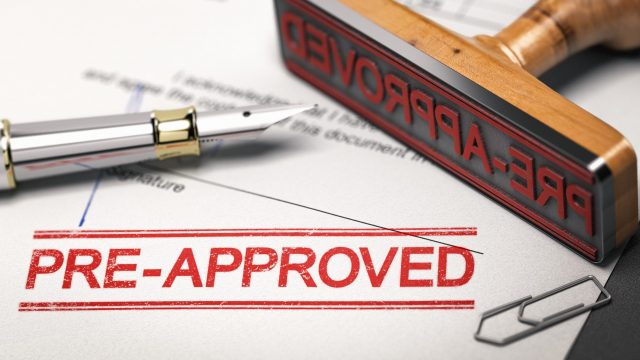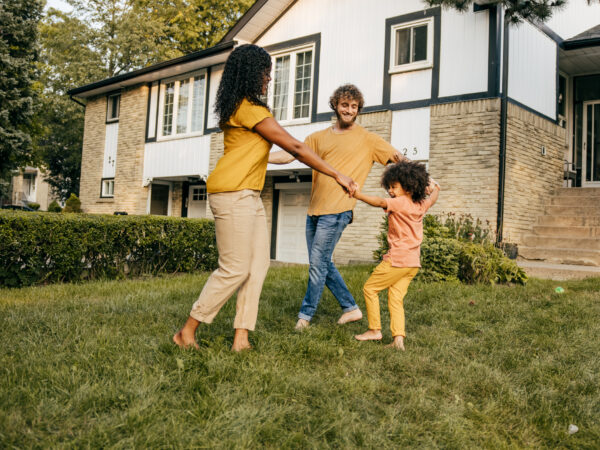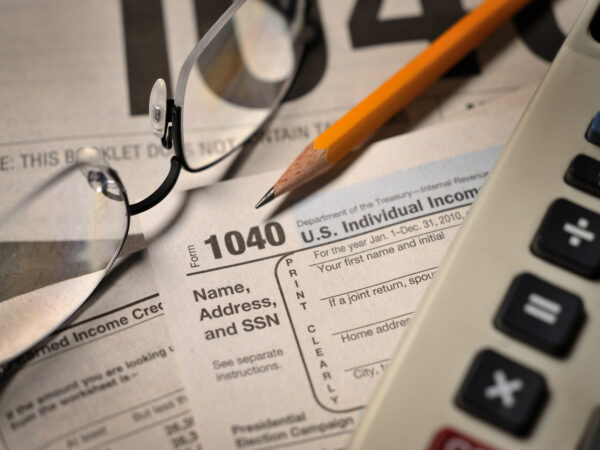If you’re starting to think about buying a home, you’ve probably heard it’s a good idea to get preapproved. In fact, it’s usually the first thing a lender or a loan officer will recommend you do.
There’s a good reason for it—actually a couple of reasons. But first, it’s useful to know what a preapproval is.
So, what is it?
Getting preapproved means that a lender has checked your credit and verified your income and assets, ran the numbers, and determined that you qualify for a mortgage. The lender will then give you a preapproval letter stating the lender is willing to provide you with a loan of a certain amount and at a particular interest rate.
Your preapproval will expire after a certain length of time, but typically it is good for 90 days. If you need more time to find the right home, your lender will likely renew it, assuming your financial circumstances haven’t changed.
Isn’t getting “prequalified” the same thing?
There’s a big difference between getting “prequalified” for a mortgage and getting preapproved. Being prequalified typically means that you’ve told your lender how much you earn and how much money you have in the bank, but the lender doesn’t validate the information with third-party documentation – they just take your word for it. Because of this, being prequalified isn’t much use when submitting an offer on a home.
What you want is a full preapproval. A full preapproval means you’ve completed a full loan application and provided documents to your lender, and the lender has pulled your credit, verified your income with your employer or through your bank statements, and looked at your savings to see if you can afford a down payment on a home.
Why get preapproved before shopping for a home?
It’s a good idea for two reasons. First, a preapproval lets you know exactly how much home you can afford to buy and what type of mortgage you qualify for. The other benefit is that a preapproval letter shows a home seller that you are a serious buyer.
In fact, most home sellers won’t consider offers from people who have not already been preapproved for financing, especially if they have multiple buyers interested in their home. No seller wants to waste their time negotiating with a potential buyer unless they know that person can actually afford to buy.
Does being preapproved guarantee my loan will close?
Unfortunately, no. Many things could happen that could derail your mortgage after being preapproved, particularly if there’s been a change in your financial situation.
After approving your loan, your lender will still verify your credit and finances one more time to make sure they haven’t changed. If you’ve taken on significant debt after applying for your mortgage—like a car loan—this will impact your credit and whether you can still afford the mortgage payment, and your loan could be denied.
Your loan could also be denied for other reasons beyond your control. Perhaps the appraisal determines the house you want to buy isn’t worth the sales price or needs major repairs. These things could also derail your loan. However, at least these things won’t prevent you from buying another home.
The ideal time to get a preapproval is right before you start looking for a home. However, if you aren’t sure whether you qualify for a mortgage, it’s a good idea to speak with a loan officer as early as possible. That way, even if you don’t qualify today, you’ll know what to do to qualify later, such as build up more savings or pay down credit card debt.
Ready to get preapproved? Right By You Mortgage’s loan experts can help. Please give us a call at 1-877-552-2242 or contact us at inquiries@rightbyyoumortgage.com.









